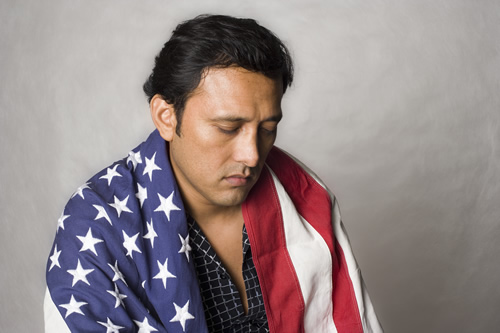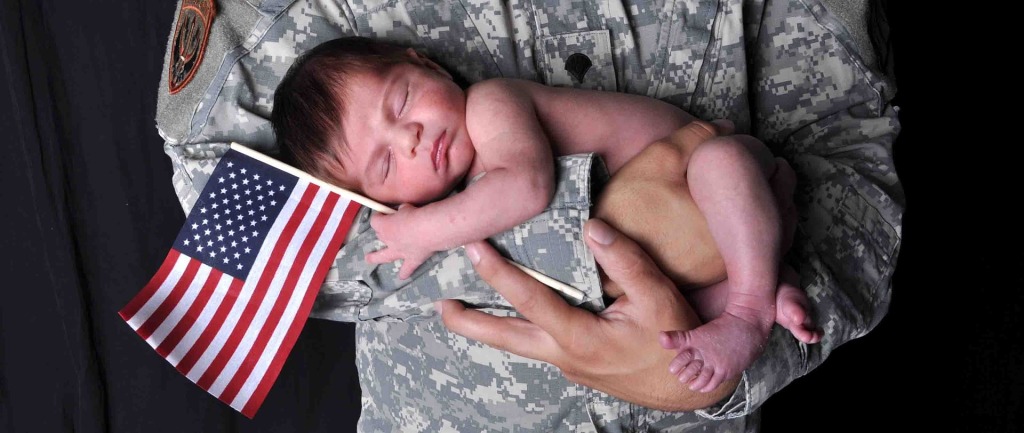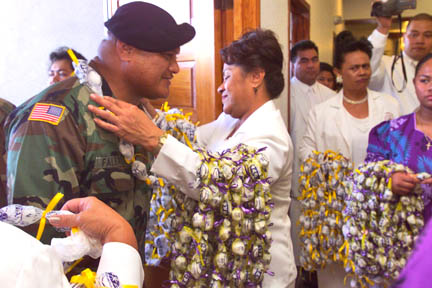
When it comes to immigration, quite often, the more things change, the more they remain the same.
For instance, over ten years ago, in my capacity as a citizenship and naturalization lawyer, I wrote a series of articles that explained why Congress should pass legislation approving waivers for immigrant veterans who committed certain offenses, related to mental illnesses caused by their military service, making them subject to automatic deportation.
I was shocked to learn about the number of immigrant veterans, facing removal, who were incarcerated at the El Centro, California Dentention Facility, alongside individuals whom I represented. Thus, I endeavored to tell their story, the story of expedited citizenship which never materialized for them.
Obama was president then. Trump is president now.
The issue persists.














